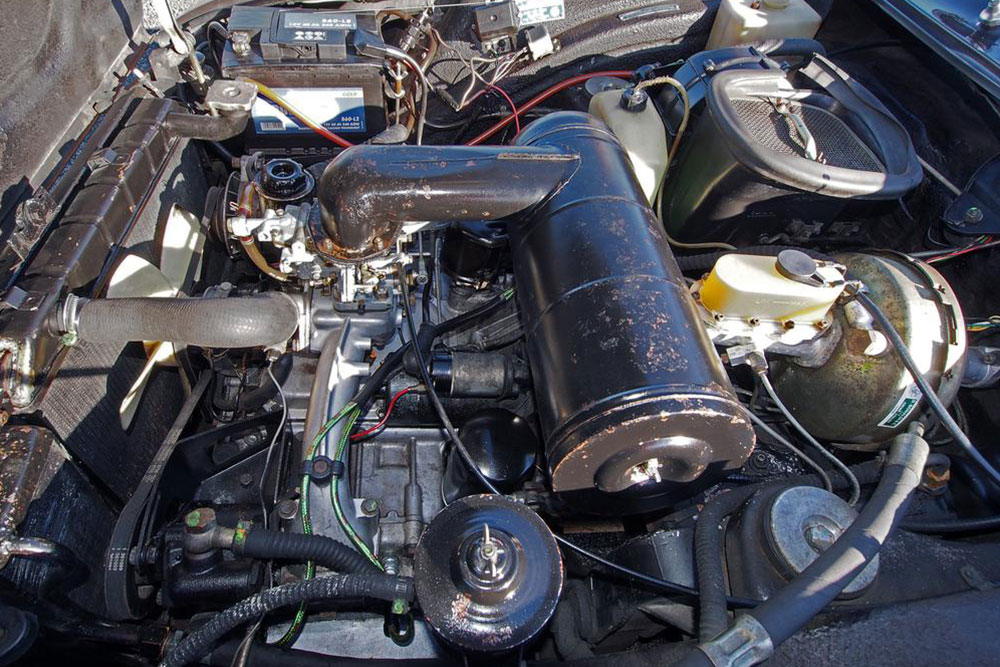Top Indicators It's Time for an Oil Change in Your Vehicle
Learn to identify key signs indicating when your vehicle needs an oil change. From engine noises to dashboard alerts, timely recognition can prevent costly repairs and maintain optimal vehicle performance. Regular oil maintenance ensures engine longevity and smooth operation.
Sponsored

Maintaining your vehicle's engine health relies heavily on regular oil changes. While many think oil changes only boost fuel efficiency, they also safeguard engine components and enhance overall performance. Recognizing the signs that indicate it's time for an oil service can prevent costly repairs. Here are key symptoms to watch for that suggest your vehicle needs fresh oil.
Unusual knocking sounds from the engine
Engine oil forms a lubricating barrier between moving parts, reducing friction and noise. If you notice your engine is noisier than usual or produces knocking sounds, it’s a clear sign to visit a mechanic for an oil change. Neglecting this may lead to engine damage due to inadequate lubrication.
Darkened and contaminated oil
Fresh engine oil appears translucent with a light amber tone. Over time, it accumulates dirt and particles, turning dark and thick. Regularly checking and replacing oil ensures the engine remains protected and operates efficiently.
Increased exhaust emissions
If your vehicle emits excessive fumes, it may be due to old or dirty oil that hampers engine performance. Usually, new cars produce minimal visible emissions. Rising fumes are a warning sign that an oil change could be needed to restore optimal functioning.
Dashboard warning lights
Most vehicles have a check engine or emission control warning light. When illuminated, it suggests issues with emissions or engine health—often related to oil condition. Checking your oil level with the dipstick or scheduling an oil change can resolve this problem and prevent further damage.






